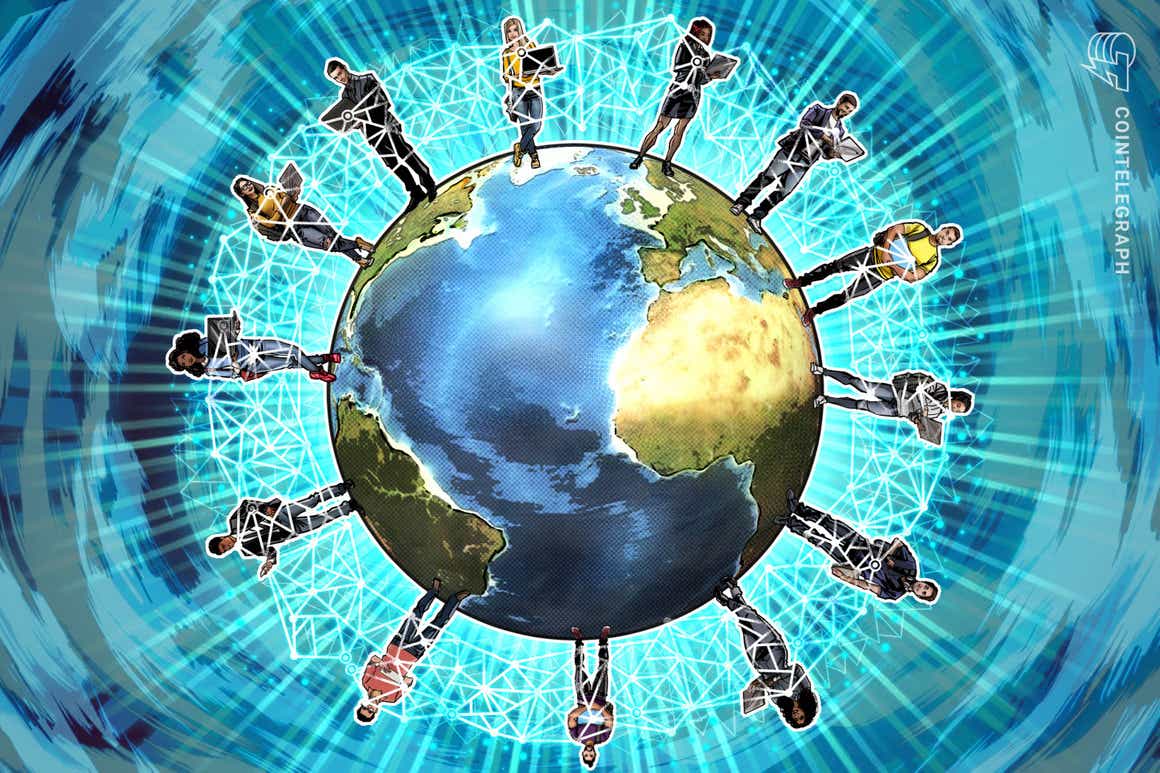Decentralized autonomous organizations (DAOs) started out as a simple concept envisioned as organizations, created by an idea and fueled by develop
Decentralized autonomous organizations (DAOs) started out as a simple concept envisioned as organizations, created by an idea and fueled by developers, that automate business functions and processes by leveraging smart contracts and all the fundamental tenets of blockchain. The core idea was to flatten the complex business process that various organizations are mired in and facilitate movement of assets to a very future-oriented digital interaction that needed no intermediaries — promising faster, cheaper and more transparent transaction processing.
By replacing many intermediaries, the DAOs themselves acted as digital intermediaries that provide transparency and scale, giving them the stature of an organization without the traditional organizational constructs of entities, groups, management, charters and other forms of collective action. While the traditional centralized organizational structure is being challenged, the key organizational elements that remain are fueling a new economic revolution that is giving birth to a new creator economy and bringing artists, lawyers, developers and creators together from all around the globe to create ideas and monetize them at global scale in permissionless crypto economic systems built upon blockchain and Web3 technologies — and essentially defining the future of work.
Reduced dependence on trusted parties, tokenization of assets, and new stores of value enabled by blockchain technology can themselves enable new types of organizational structures and reduce the power of intermediaries. Ronald Coase’s famous essay on the raison d’être for the firm, “The Nature of the Firm,” explored why firms exist and what elements comprise them.

From a transaction cost perspective, the firm creates an economic structure where the transaction cost within its boundaries is reduced by greater control of standardized contracts with its employees and ownership of resources. As the cost of internalizing resources increases, contractual arrangements with other firms in specialized areas result. Transaction costs associated with contracting can be drastically reduced by the decentralized verification and smart contracts enabled by blockchain.
While this was the initial thesis behind DAOs, with speed, efficiency and costs bring primary objectives, DAOs now represent a significant piece of the mindshare governing and the primary driving force behind value extraction from the base layer, or layer one blockchain platforms. These layer one blockchain platforms represent the emerging Web3 technologies that aim to provide greater control to participants by fundamentally decentralizing computing, storing, and interconnecting. Many DAOs will emerge that represent the collaboration of a global talent pool, digital natives, and the ingenuity of a community that shares a common belief system — and bring the term “organization” to life.
Related: DAOs will be the future of online communities in five years
DAOs: Pillars of the creator economy
A broad definition of a DAO would be an organization that records its membership, rules and responsibilities on an immutable ledger enabled by blockchain technology. Its charter and evolution are public and unchangeable. Generally, joining requires resources and community membership of sorts, in the form of tokens, to either participate or vote as a participant. Tokens are denominated in monetary assets (fungible or nonfungible tokens), whether crypto or fiat. Acquisition of tokens, in most cases, requires either time and talent participation, or a buy-in using fiat or crypto.
DAOs provide a unique structure that naturally supports a creator economy, in which an economic model supports a structure through which you rent your talent and time, obtain flexibility and earnings, and leverage it to facilitate fractional ownership in the system supported and governed by the community. Blockchain and, by association, DAOs embody a natural governance structure for borderless online collaboration on crypto-native projects by digital natives which, incidentally, can be leveraged by traditional organizations that embrace the principles, similar to how brick-and-mortar businesses found an on-ramp to digital equivalents in the Web 2.0 era.

While the issues around regulatory clarity and a framework for investor protection persist, these digital entities embody a digital reality like that of a nation — the state attempts to attract talent, capital, and innovation. Although the governance and rules of engagement may not be perfect, they are an ongoing experiment with innovation aiming to change the way we live and empower every willing community’s participation. While the arguments for autonomy and collectivization are employed to defend the lack of regulation, the ability to purchase voting power and the lack of protection provide a strong counter to this argument. If DAOs become digital analogs to existing corporate and organizational structures, will they continue…
cointelegraph.com
